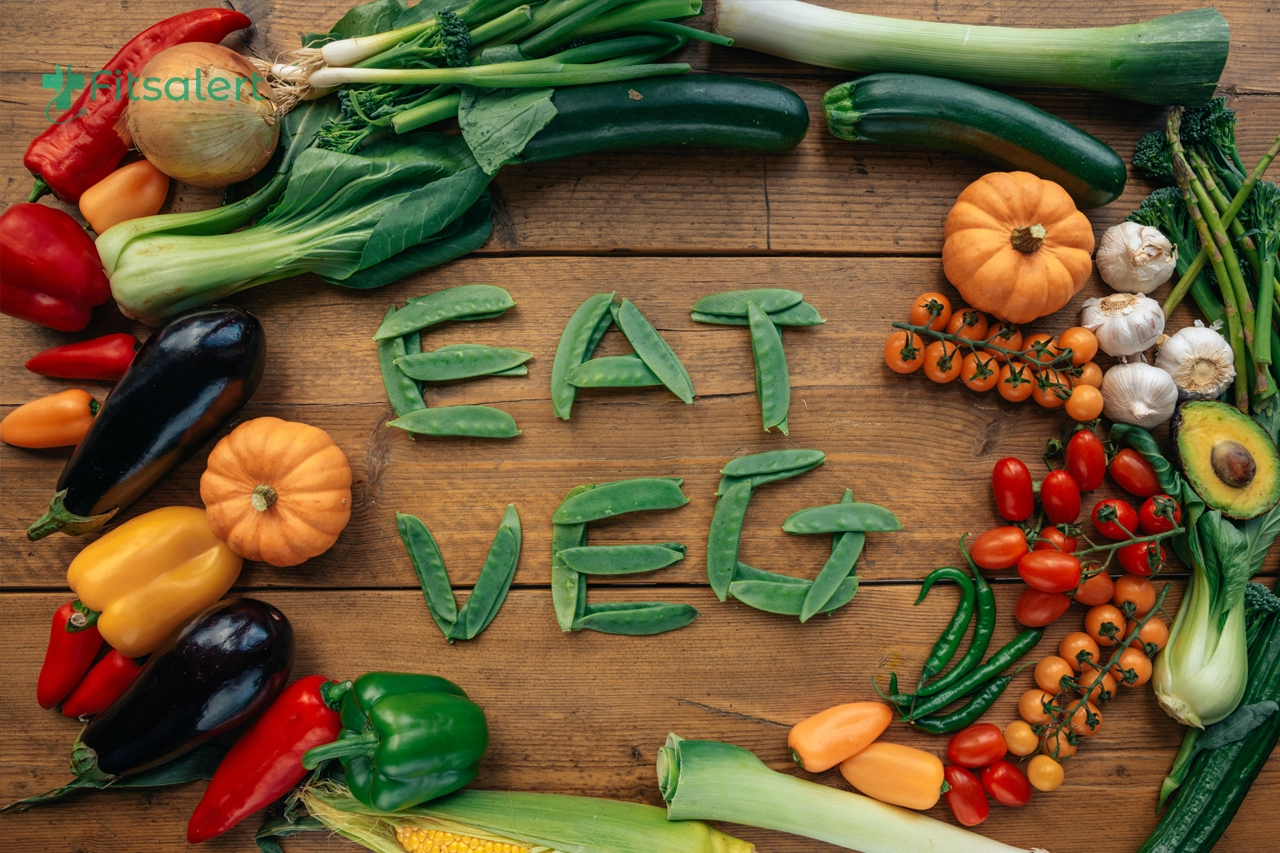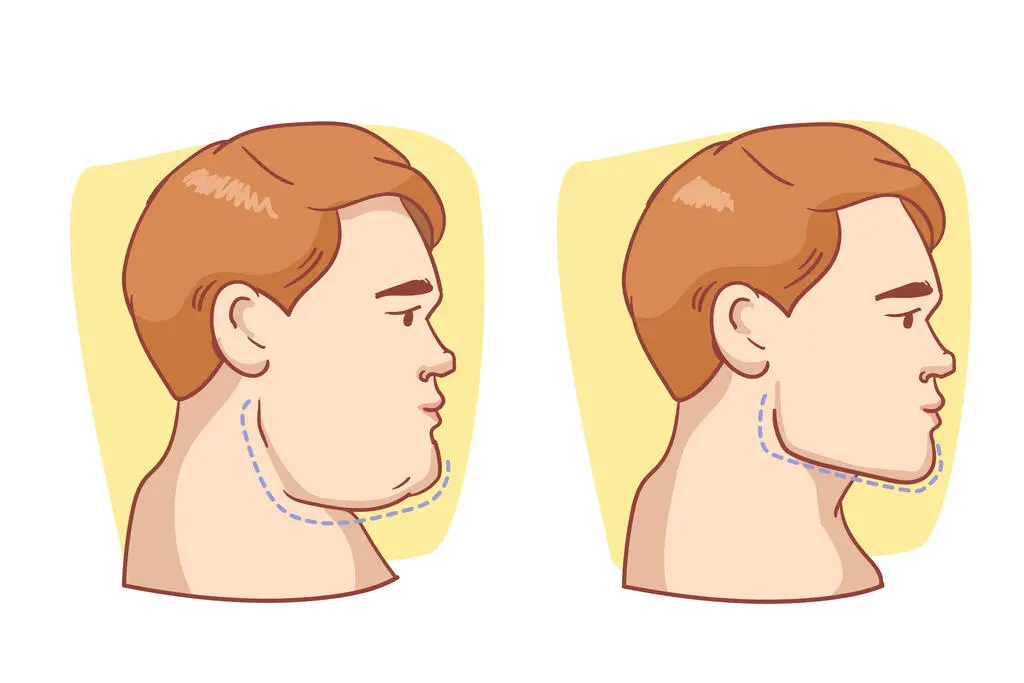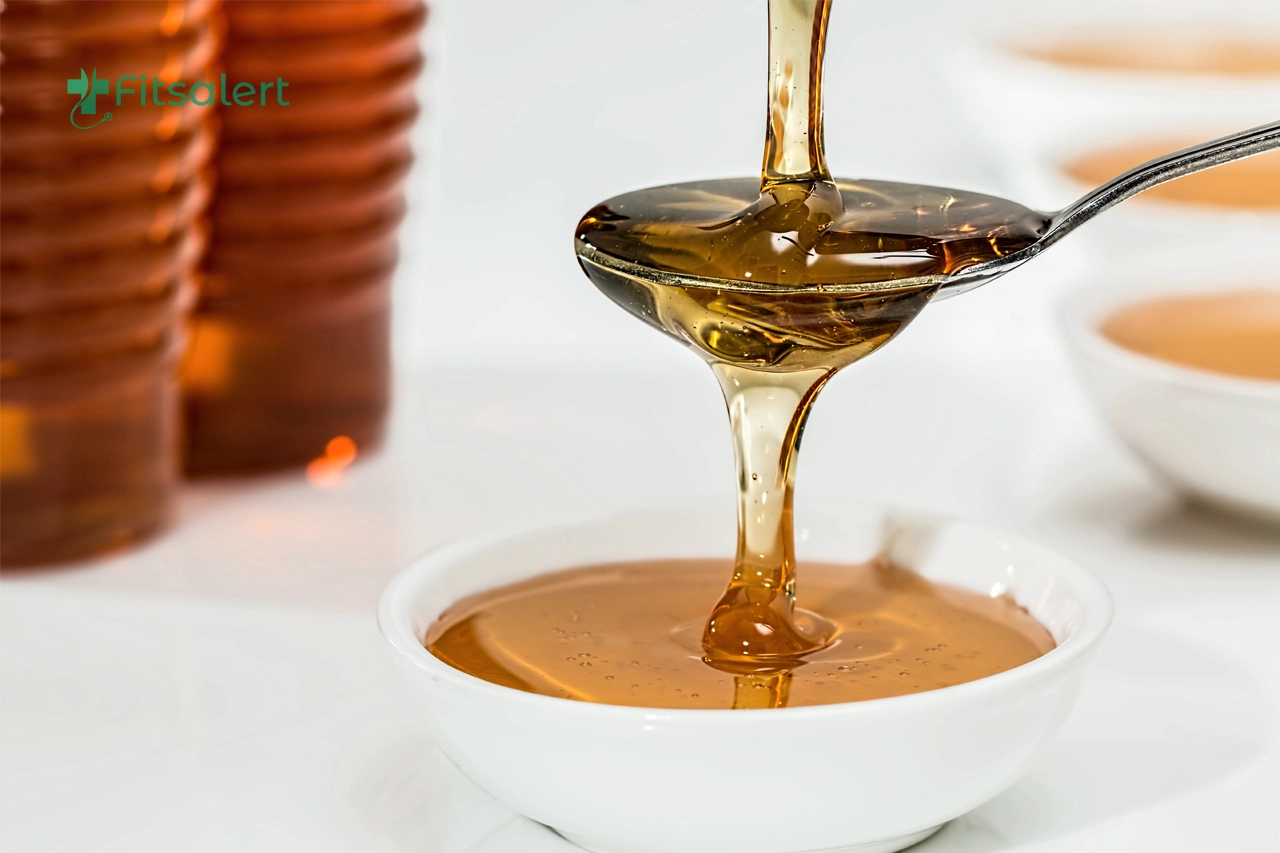We all know veggies are good for health, loaded with essential nutrients and keeping you full.
They even boost positive hormones. But, like anything, too much of a good thing isn’t always great.
Find out what happens when you eat an excess of vegetables and why balance is key.
Too Many Calories?
Can you eat too many vegetables and take in too many calories?
Yes, it’s technically possible, but the likelihood depends on the type of vegetable. Different veggies have varying calorie and nutrient levels.
Starchy vegetables like potatoes are higher in calories (e.g., 90 calories per 100 grams) compared to greens like baby spinach (e.g., 20 calories per 100 grams).
So, overindulging in higher-calorie vegetables might lead to excess calorie intake.
Let’s consider a hypothetical scenario: An average adult female aiming for a calorie surplus (over 2,000 calories) would need to eat an enormous amount of spinach and broccoli.
For example, consuming around 3.4kg of broccoli and 4kg of baby spinach would be required. This is probably unrealistic and not recommended.
Too Few Calories?
But what if your goal isn’t to lose weight? Some people aim to gain weight, either by building lean muscle mass or increasing fat stores.
While eating more vegetables is often recommended for weight loss because they are low in calories and highly satiating, it can pose a challenge for those trying to gain weight.
Consuming too many vegetables may hinder your weight gain goals, so it’s advisable to moderate your vegetable intake in such cases.
Too Much Fibre
Fiber is abundant in vegetables, and it comes in two types: soluble and insoluble. Soluble fiber absorbs water, forming a gel-like substance that slows down the digestion process and helps you feel full.
It also regulates blood sugar levels by controlling carbohydrate absorption. On the other hand, insoluble fiber adds moisture to your waste, aiding smooth digestion.
While a moderate intake of fiber, around 25 grams per day, promotes a healthy digestive system, a sudden shift from a low-fiber to a high-fiber diet may lead to issues like increased gas, stomach pains, and bloating.
To counteract these effects, simply increase your water intake.
So many vegetables should you eat everyday?
Eating too many vegetables is not something you need to stress about. Think of it this way: too much of anything, even the good stuff, can have drawbacks.
Too much water? You might feel like a fish out of water. Too much exercise?
You could turn into a couch potato with injuries. So, while veggies are fantastic, you don’t want to overdo it.
Imagine trying to munch down 4kg of broccoli in a single day—quite a challenge, right?
Stick to a reasonable amount, and you’ll be on the right track to a balanced and healthy diet!
What if a Person Eat Too Many Veggies?
Digestive Problems from Fibers
Having too much fiber, especially from certain veggies, can slow down digestion and make your trips to the bathroom less enjoyable, leading to hard stools.
Excessive fiber intake can also bring on indigestion, causing discomfort, stomach pain, and even diarrhea as your digestive system struggles to break it all down.
Gas and bloating from eating too many veggies are common issues.
Some fibrous veggies, especially those high in FODMAPs (fermentable oligosaccharides, disaccharides, monosaccharides, and polyols), can create bloating and digestive discomfort, especially for those with less-than-happy tummies.
This happens because the fiber doesn’t fully break down in the small intestine and starts fermenting in the large intestine, producing gas and causing uncomfortable bloating and gas.
To ease these problems, consider cooking your veggies and choosing low-FODMAP options, like leafy greens, for a happier tummy.
Mineral Absorption
Eating plenty of non-starchy vegetables is generally a good thing, but relying solely on veggies without a mix of other nutrients can create issues with mineral absorption.
Consuming more than 50 grams of fiber from vegetables every day might hinder your body’s ability to absorb crucial minerals like zinc, iron, magnesium, and calcium, which your body can’t make by itself.
Nutrient Deficiencies
While vegetables are a great source of carbohydrates, many of them lack significant amounts of fat or protein. If your diet relies heavily on vegetables without incorporating protein- and fat-rich varieties, you may eventually face deficiencies in these essential nutrients.
Protein deficiency symptoms may manifest as dry skin, thinning hair, swelling, weakness, fatigue, muscle soreness, depression or anxiety, and slow recovery from injury or illness.
On the other hand, insufficient intake of healthy fats can lead to dry skin, circulation problems, heart issues, difficulty focusing or remembering, fatigue, mood swings, and depression.
















